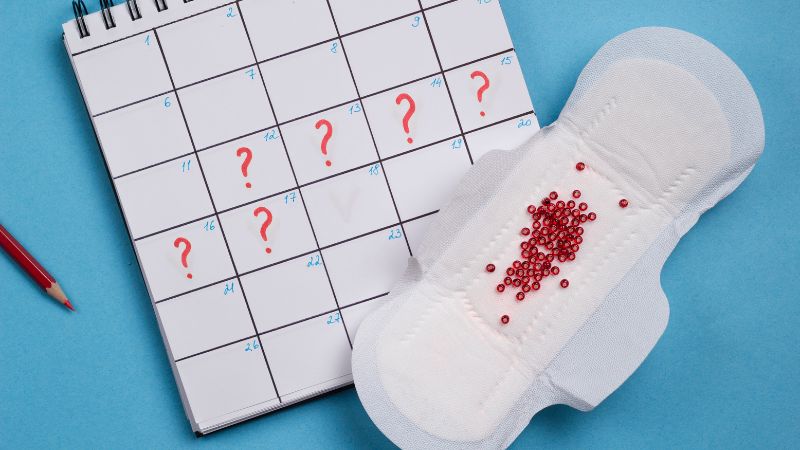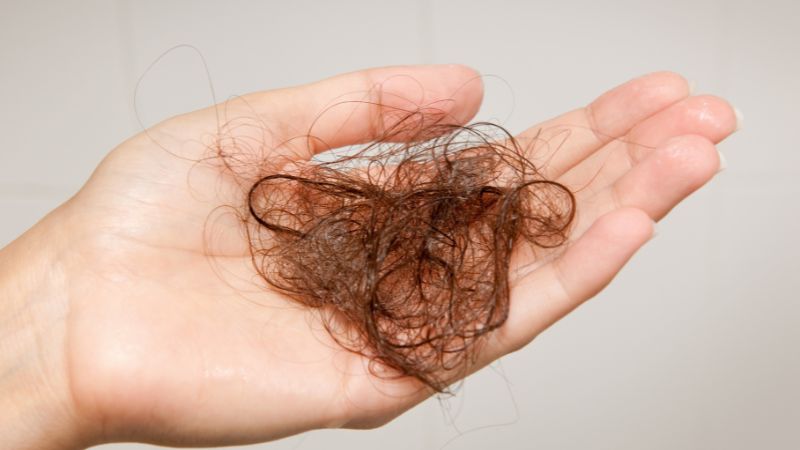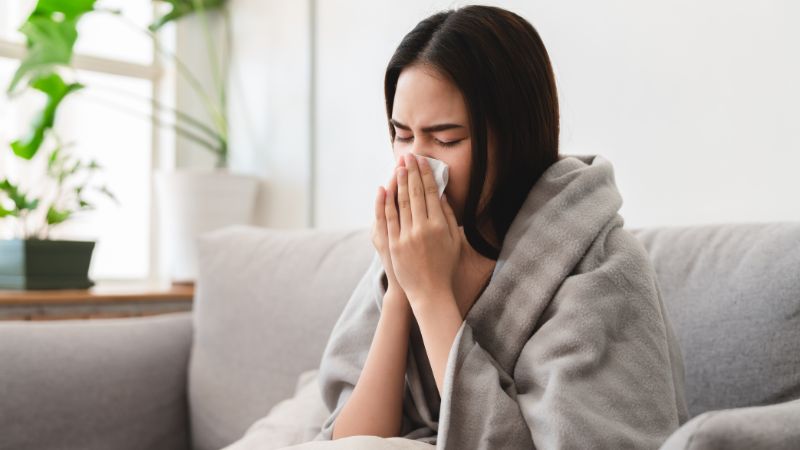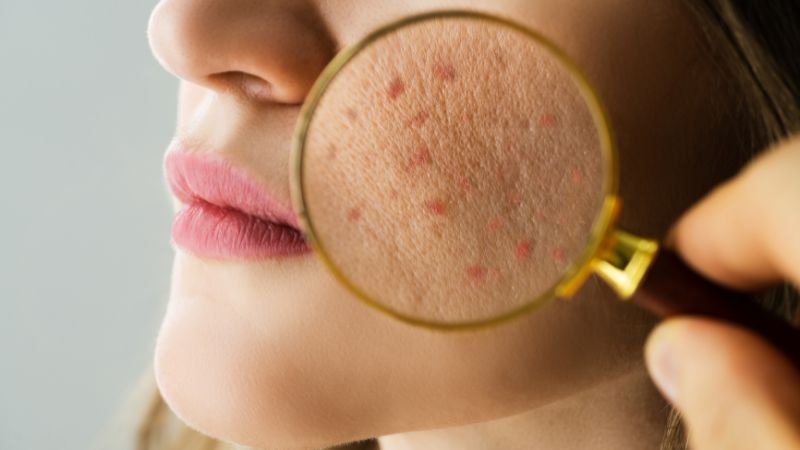It is recommended that women consume 2,000 calories and men consume 2,500 calories daily to maintain overall health. Insufficient calorie intake can impact one’s mood and physical well-being. Here are some signs that your meals may not be providing enough calories and need adjustment.
1 Frequent Fatigue and Irritability
Calories play a crucial role in energizing the body. When calorie intake is insufficient, the body starts breaking down stored energy from fat and muscle, leading to prolonged fatigue.
The most severe consequence of calorie deficiency is its impact on basic bodily functions. When the body doesn’t receive enough energy, it struggles to maintain daily activities, leaving you feeling sluggish and lacking vitality throughout the day.
Calorie deprivation also negatively affects mental health. Neurotransmitters that govern emotions and mood require calories to function effectively. When the body is undernourished, you may experience depression, lack of cheerfulness, irritability, and even anxiety or depression.
A mouse study published in Healthline revealed that restricting calorie intake by 60% or more could lead to various mental health issues, including anxiety, discomfort, emotional disorders, and mood changes.
 Frequent Fatigue and Irritability
Frequent Fatigue and Irritability
2 Missing Periods
When the body consistently lacks calories, it adapts to this state. To maintain vital functions like breathing and blood circulation, the body prioritizes energy for these activities while downregulating other functions, including the reproductive system.
For women, calorie deprivation can lead to severe consequences for reproductive health:
-
Amenorrhea: Insufficient calorie intake suppresses the production of critical reproductive hormones like estrogen and progesterone. This can lead to amenorrhea (absence of menstruation) or irregular menstrual cycles.
-
Reduced Fertility: The deficiency of reproductive hormones due to a low-calorie diet may impact ovulation, conception, and pregnancy.
-
Risk of Premature Birth: Some studies indicate that women who severely restrict their calorie intake have a higher risk of premature birth than those with normal dietary habits.
Additionally, calorie deprivation can result in other health issues such as physical weakness, osteoporosis, and mood disorders. Therefore, ensuring adequate daily calorie intake is crucial, especially for women of reproductive age.
 Missing Periods
Missing Periods
3 Hair Loss
Nutritional deficiencies of protein, biotin, zinc, and other vitamins and minerals are common causes of hair loss. When the body doesn’t receive adequate nutrition, hair becomes weak, prone to breakage, and loses its natural luster.
The most evident sign of nutritional deficiency affecting hair is increased hair fall. If you notice more hair loss than usual, it may indicate an unbalanced diet, calorie deprivation, or insufficient nutrient intake.
To address hair loss due to malnutrition, it’s essential to adopt a scientifically-backed, nutritionally-adequate diet.
 Hair Loss
Hair Loss
4 Constant Hunger
Hunger is the first sign that you’re not consuming enough calories. Strict calorie-cutting diets cause hormonal changes that influence feelings of hunger and fullness.
Low-calorie diets lead to a significant reduction in body fat, resulting in decreased leptin—the hormone that controls hunger. Lower leptin levels trigger hunger signals in the body, prompting you to eat more to compensate for the calorie and nutrient deficit.
However, according to Healthline, some studies suggest that:
-
Low-calorie diets may reduce hunger and curb appetite over time. This could be due to the body’s adaptation to lower calorie intake and adjusted energy needs.
-
Incorporating more high-volume, low-calorie foods into your diet can promote satiety and reduce appetite.
 Constant Hunger
Constant Hunger
5 Frequent Illnesses
According to a 2016 study published in Healthline, low-calorie diets can impair immune system function. This means that when you fail to provide your body with sufficient nutrients to maintain a robust immune system, you become more susceptible to illnesses.
The following nutrients are essential for immune function:
-
Lysine and Arginine: These amino acids are vital for immune health.
-
Minerals: Iron, selenium, and zinc play crucial roles in maintaining a healthy immune system.
-
Vitamins: Vitamins A, C, and E (B1, B2, B3, B12) are also necessary for an efficient immune response.
 Frequent Illnesses
Frequent Illnesses
6 Constipation
Constipation is a common digestive issue when following a low-calorie diet. The primary cause is the reduced food intake, leading to decreased waste in the digestive tract, especially when the diet is also low in fiber.
Medically, constipation is defined as having fewer than three bowel movements per week, accompanied by small, hard stools and straining during defecation.
 Constipation
Constipation
7 Skin Problems
Undernourishment due to insufficient calorie and nutrient intake can have adverse effects on health, including skin, sleep, muscles, and mental health.
Negative Impacts on the Skin:
-
Fragile, Wrinkled Skin: Calorie and nutrient deficiencies can make the skin fragile, wrinkled, and lacking elasticity.
-
Flaking and Chapping: Lack of moisture and essential nutrients can lead to flaking and chapping, especially on the lips and hands.
-
Easy Bruising and Broken Capillaries: Insufficient vitamin C and bioflavonoids may cause easy bruising, visible spider veins under the skin, and, in some cases, bleeding disorders.
 Skin Problems
Skin Problems
Undernourishment due to insufficient calorie and nutrient intake can have adverse effects on health and well-being. It is essential to adopt a scientifically-backed, nutritionally-adequate diet to maintain a healthy body and balanced physique.
Source: Vietnamese Women’s Newspaper



































